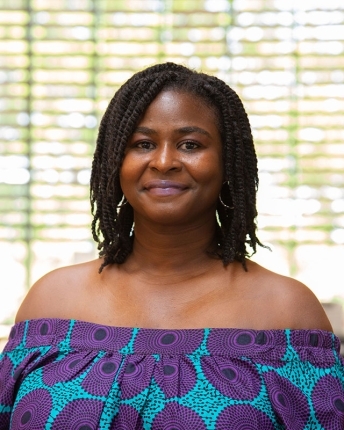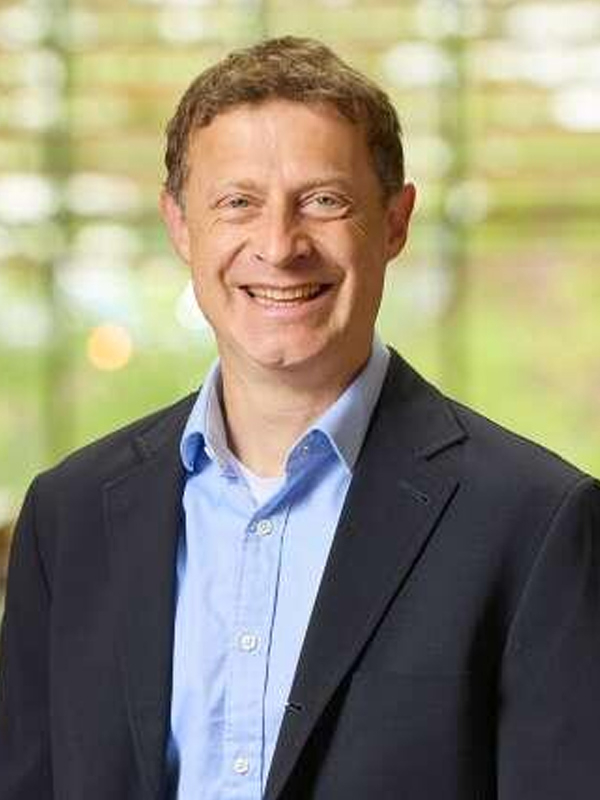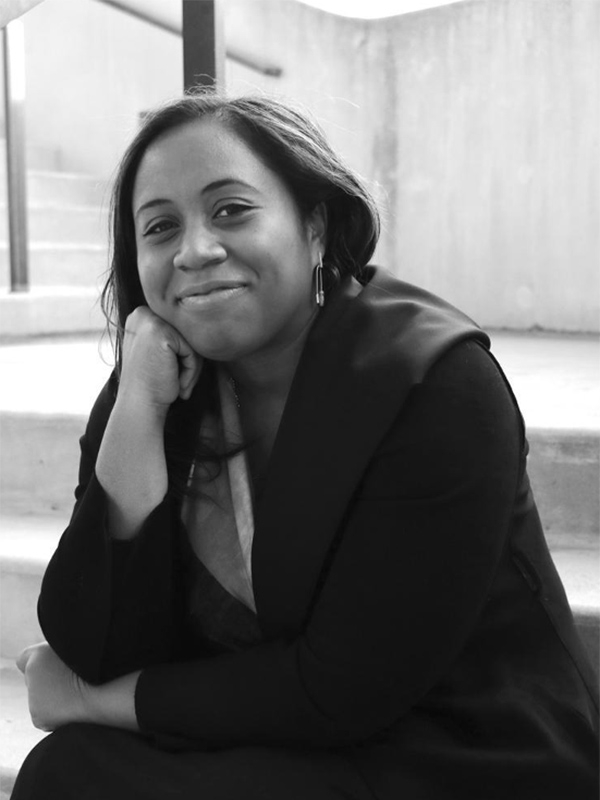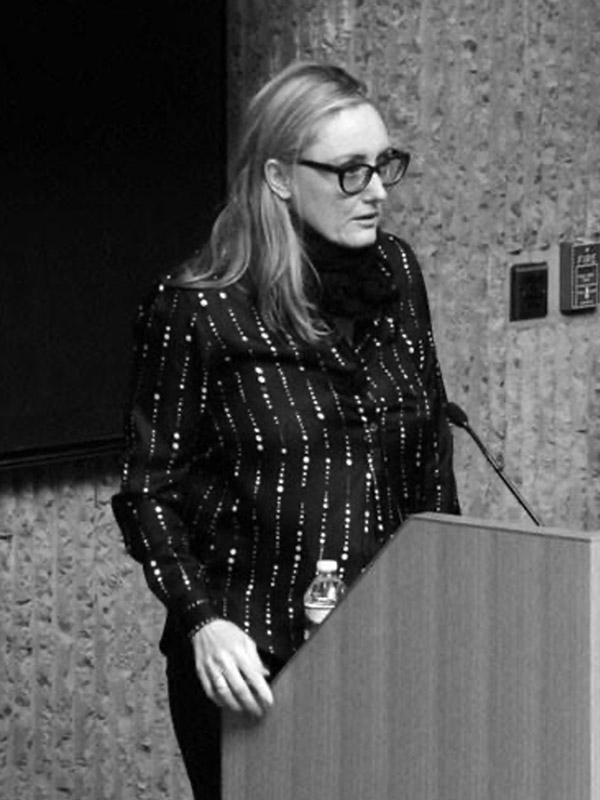On a Warming Planet, Urban Trees Become Critical Infrastructure
As heat waves turn cities into sweltering ovens, tree shade has become a critical tool to mitigate climate change—and Yale is working to promote a healthy tree canopy on campus and around New Haven.
Urban trees provide a host of benefits that blunt the effects of climate change, and they are increasingly being treated as important infrastructure for cities. Trees sequester carbon dioxide, produce oxygen, reduce stormwater runoff by utilizing water before it’s channeled into a drainage system, and capture pollution particulates—especially ozone—through their leaves or needles.





